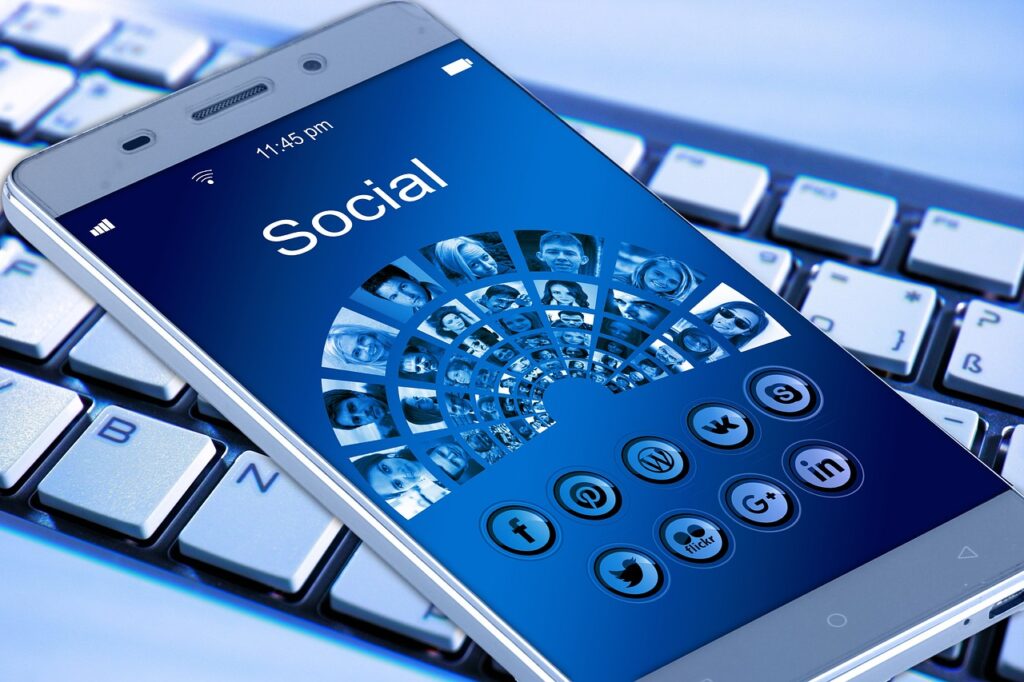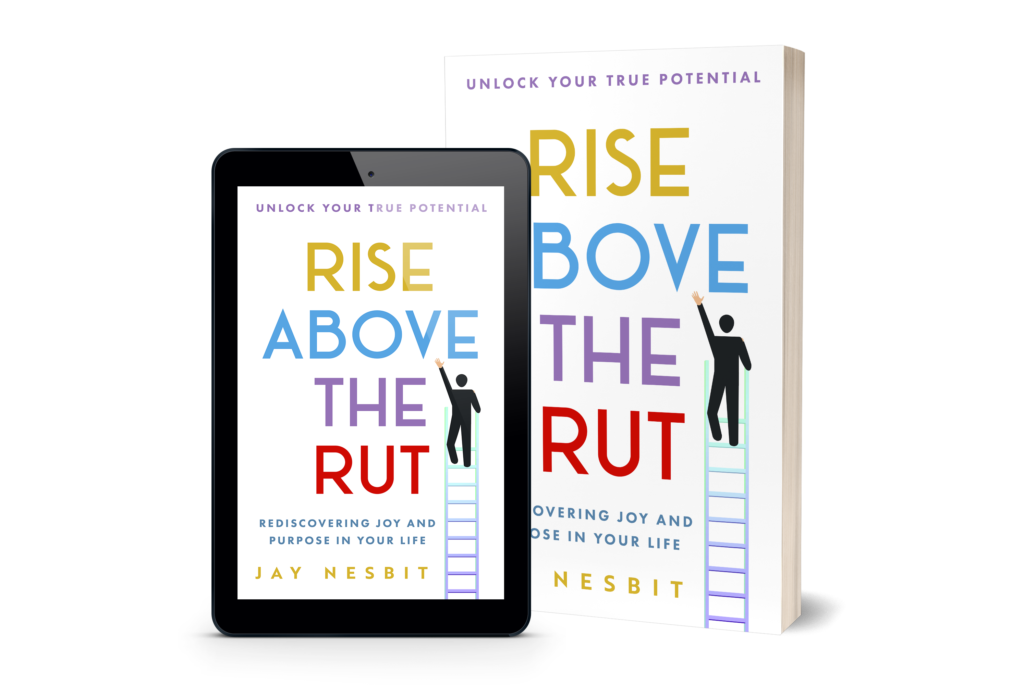
What are the consequences, and why should we be concerned?
Introduction:
In today’s fast-paced world, flooded with information on social media, it’s easy to feel overwhelmed. As a behavioral health pharmacist and a dedicated patient advocate, I’m genuinely concerned about the impact of social media on our mental well-being.
This article aims to explore the often underestimated effects of social media, focusing on how it contributes to tribalism, polarization, and the devastating consequences of online bullying. My goal is to have a compassionate conversation, offer practical solutions, and avoid divisive political discourse that worsens these issues.
The impact of social media on your mental health:
We all know that social media has changed how we consume information. But what are the consequences, and why should we be concerned?
Information Overload: Imagine waking up to a flood of notifications, news headlines, and a constant stream of updates, all vying for your attention. This constant barrage can harm your mental health, causing anxiety, stress, and a constant feeling of being overwhelmed.
Tribalism and Polarization: Picture a social media feed where you mainly see posts aligning with your beliefs, while opposing views are dismissed or ridiculed. This “us vs. them” mentality that can lead to hostility, division, and a negative impact on our mental well-being.
Echo Chambers: Imagine an online space where your beliefs are constantly reinforced, and differing opinions are rare. Echo chambers, where diverse perspectives are scarce, can strengthen our existing beliefs, discourage open-mindedness, and perpetuate confirmation bias.
Online Bullying and its Consequences: Consider a personal story illustrating the severe consequences of online bullying. Sarah, a teenager, became the target of cruel messages on her social media accounts. These hurtful comments led to severe emotional distress, causing her to harm herself in a desperate attempt to escape the relentless cyberbullying.

Solutions for a healthier mind:
Recognizing the challenges is just the beginning. Let’s explore practical strategies to help you maintain a healthier state of mind in this digital age, including specific solutions for combating online bullying.
Mindful Consumption: Schedule dedicated times for checking the news and your social media accounts, ensuring you stick to your schedule. This practice not only reduces anxiety but also empowers you to regain control over the constant stream of information.
Seek Diverse Perspectives: Participate in a respectful online discussion with someone who has opposing views. Actively embracing diverse perspectives can cultivate empathy and expand your understanding, contributing to a more inclusive and mentally healthy online environment.
Community and Support: Reach out to family and friends for support when you feel overwhelmed by the digital world. Engaging with your community serves as a mental health anchor in the stormy sea of digital content.
Practice Digital Detox: Take a step back from social media and the constant flood of information for a weekend. Consider a camping trip without your phone. Respected psychologist Dr. Jean Twenge recommends regular digital detoxes to create mental space for self-reflection and self-care.
Acquire Emotional Resilience: Build emotional strength by remembering a time when you understood your negative feelings and showed kindness to yourself. Thinking about your emotions and being kind to yourself is crucial for good mental health. Recognizing and dealing with your feelings shows resilience in tough times.
Combating Online Bullying: Imagine Sarah, a teenager facing cyberbullying, taking a bold step to confide in a trusted adult. Her parents promptly reported the bullying to the school and law enforcement. As a result, the bullies faced consequences, and Sarah received the necessary emotional support to overcome the ordeal. This real-life example illustrates the tangible impact of seeking help and taking decisive action in the face of cyberbullying.
Conclusion:
In this era of digital connectivity, understanding the impact of social media on our mental health is crucial. While the challenges are significant, we have the power to proactively safeguard our well-being, combat online bullying, and support those who may be suffering.
By practicing these steps, you can navigate the digital landscape with greater optimism and empathy, ensuring a more hopeful and inspiring future for yourself and your loved ones in the digital age. Your mental health is a precious asset, deserving of the care and attention it needs in this ever-evolving landscape.
Share your thoughts and experiences in the comments area below. Your perspective adds valuable insights to this conversation, making it a space for collective learning and discussion. Your voice matters – join in!

